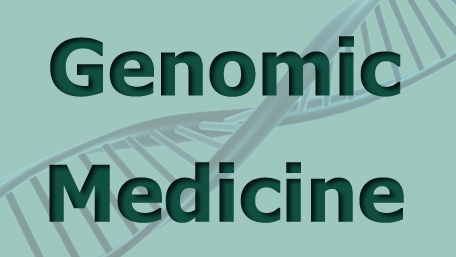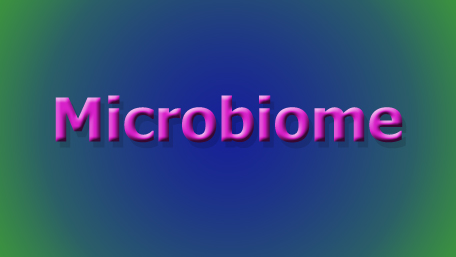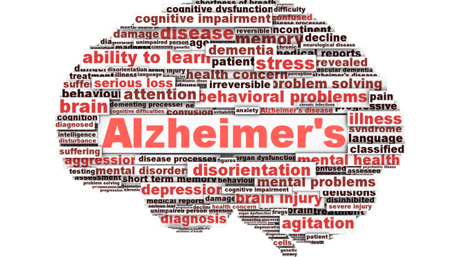
11/12/2019
Hot Topics of the Day are picked by experts to capture the latest information and publications on public health genomics and precision health for various diseases and health topics. Sources include published scientific literature, reviews, blogs and popular press articles.
Sign up MyPHGKB to receive the daily hot topic email alert.
Archived Hot Topics of the Day By Date
Host genetic variability and pneumococcal disease: a systematic review and meta-analysis.
Kloek Anne T et al. BMC medical genomics 2019 09 (1) 130
Family History and Heart Disease
NIDDK podcast, November 11, 2019
Current Policy Challenges in Genomic Medicine
RD Klein, Clinical Chemistry, November 2019
CRISPR: the movie- New gene-editing documentary showcases biology’s hottest tool — up to the point when things went awry
A Maxmen, Nature, November 11, 2019
Real-time health monitoring through urine metabolomics
IJ Miller et al, NPJ Digital Medicine, November 11, 2019
New genetic analysis improves diagnosis of intellectual disability
Karolinska Institute, November 11, 2019
Colorectal cancer-associated microbiota contributes to oncogenic epigenetic signatures
I Sobhani, et al, PNAS, November 11, 2019
Why using genetic risk scores on embryos is wrong
E Birney blog, November 11, 2019
Long-neglected gene plays a bigger role in Alzheimer’s than suspected, study shows
S Begley, StatNews, November 11, 2019
Bipolar multiplex families have an increased burden of common risk variants for psychiatric disorders
F Till et al, Molecular Psychiatry, November 11, 2019
Increased schizophrenia family history burden and reduced premorbid IQ in treatment-resistant schizophrenia: a Swedish National Register and Genomic Study
K Kowalek et al, Molecular Psychiatry, November 12, 2019
Disclaimer: Articles listed in Hot Topics of the Day are selected by Public Health Genomics Branch to provide current awareness of the scientific literature and news. Inclusion in the update does not necessarily represent the views of the Centers for Disease Control and Prevention nor does it imply endorsement of the article's methods or findings. CDC and DHHS assume no responsibility for the factual accuracy of the items presented. The selection, omission, or content of items does not imply any endorsement or other position taken by CDC or DHHS. Opinion, findings and conclusions expressed by the original authors of items included in the Clips, or persons quoted therein, are strictly their own and are in no way meant to represent the opinion or views of CDC or DHHS. References to publications, news sources, and non-CDC Websites are provided solely for informational purposes and do not imply endorsement by CDC or DHHS.
- Page last reviewed:Feb 1, 2024
- Page last updated:Apr 25, 2024
- Content source:












